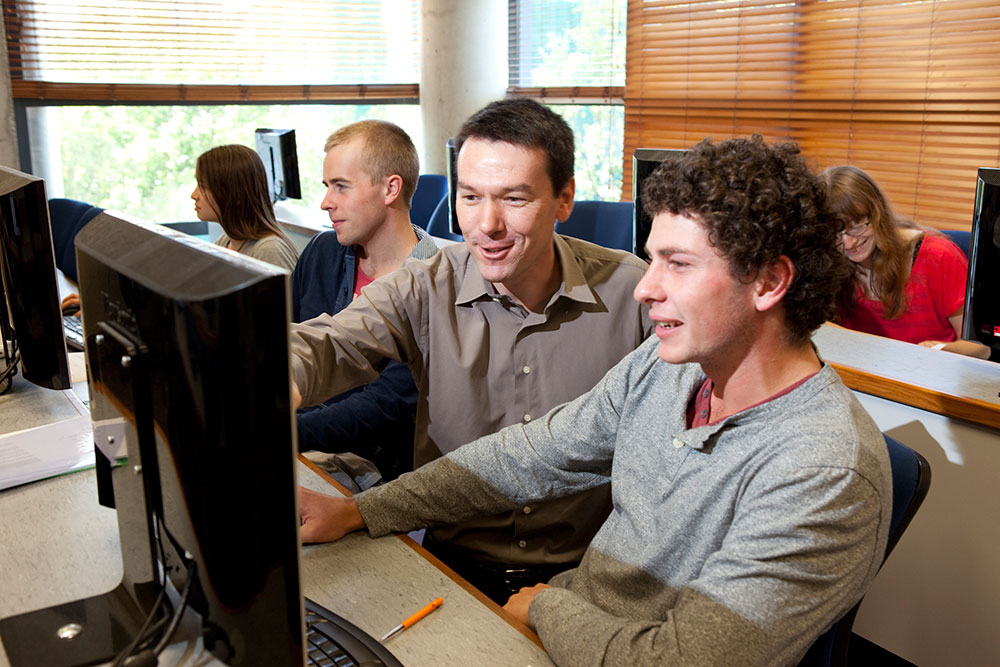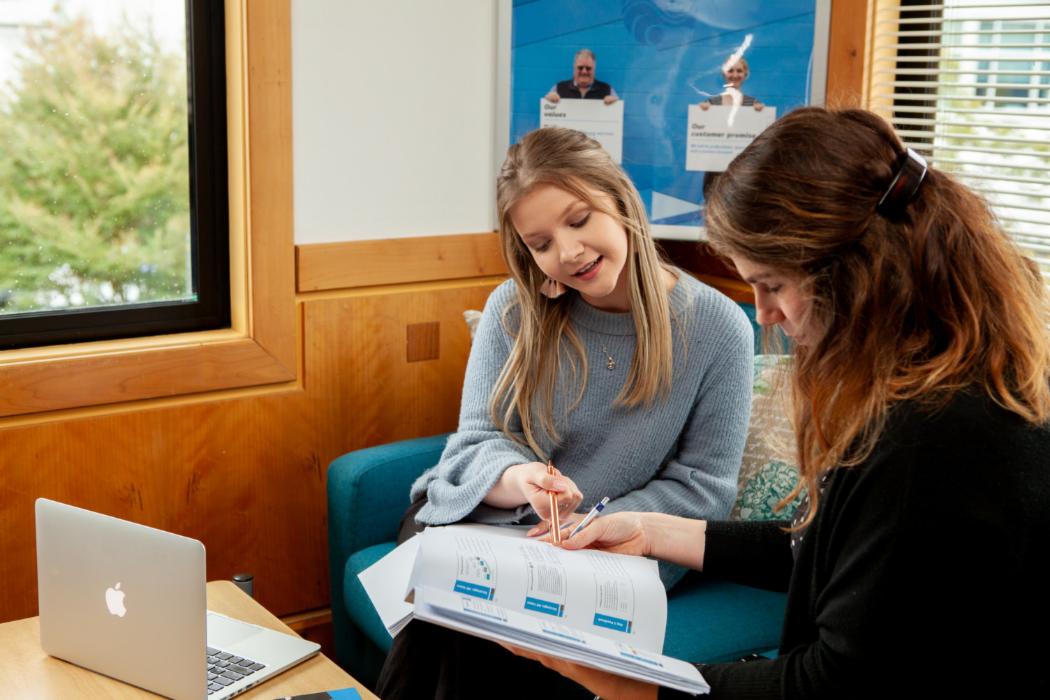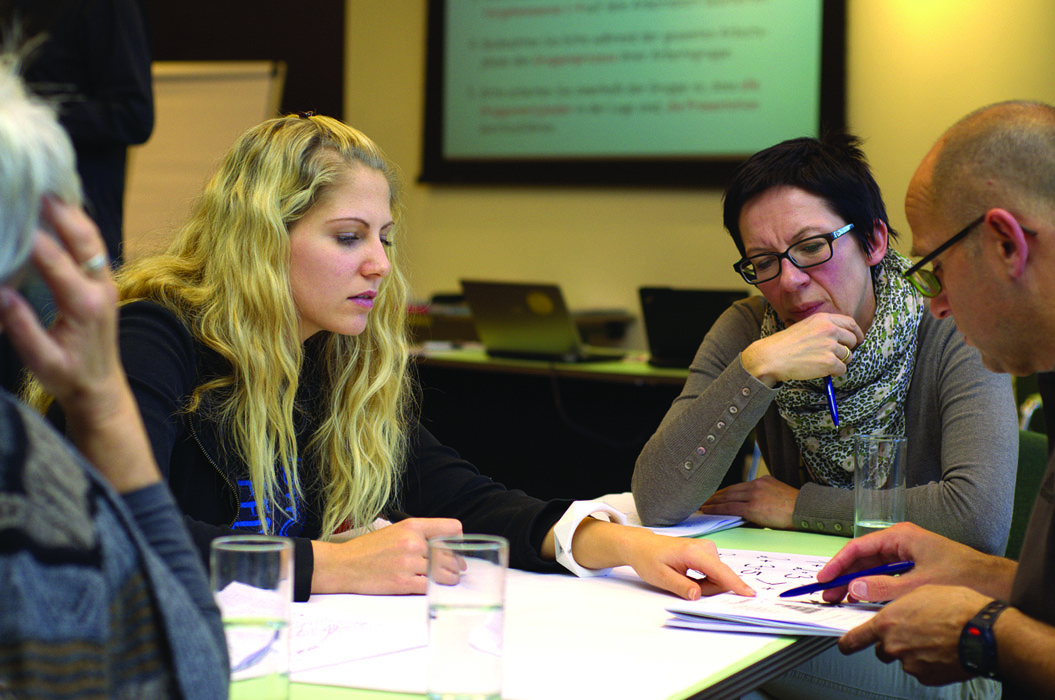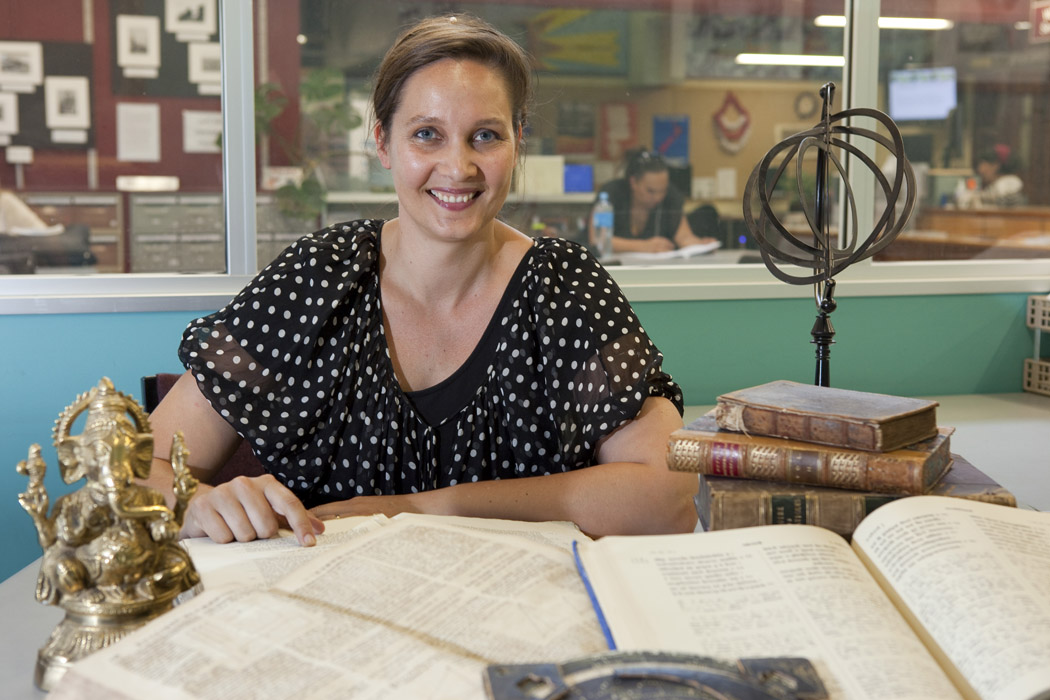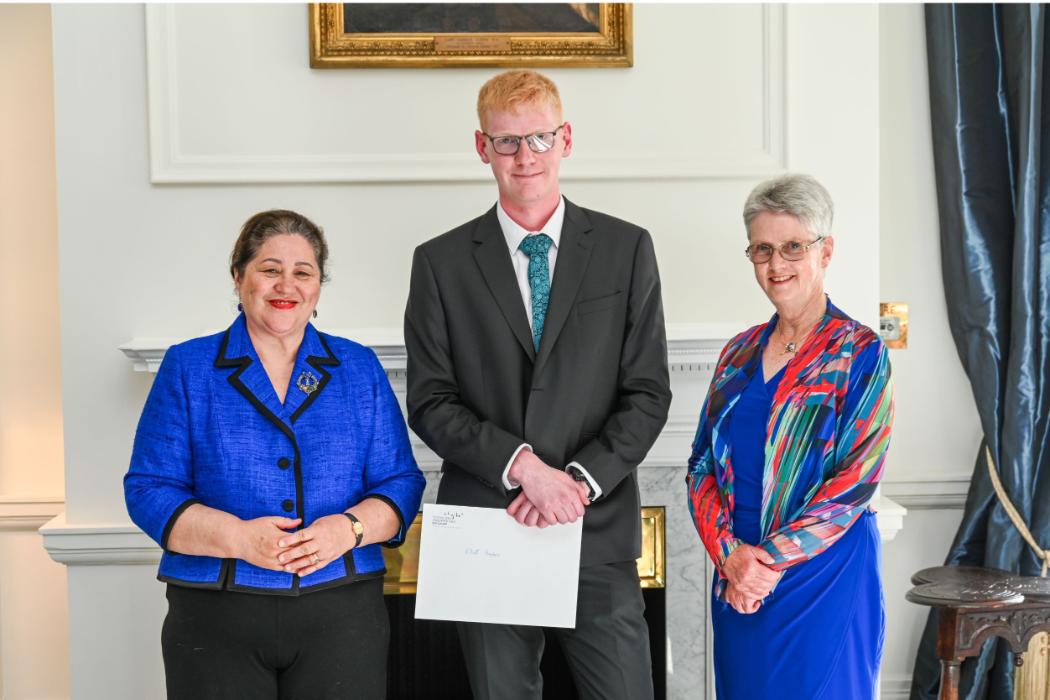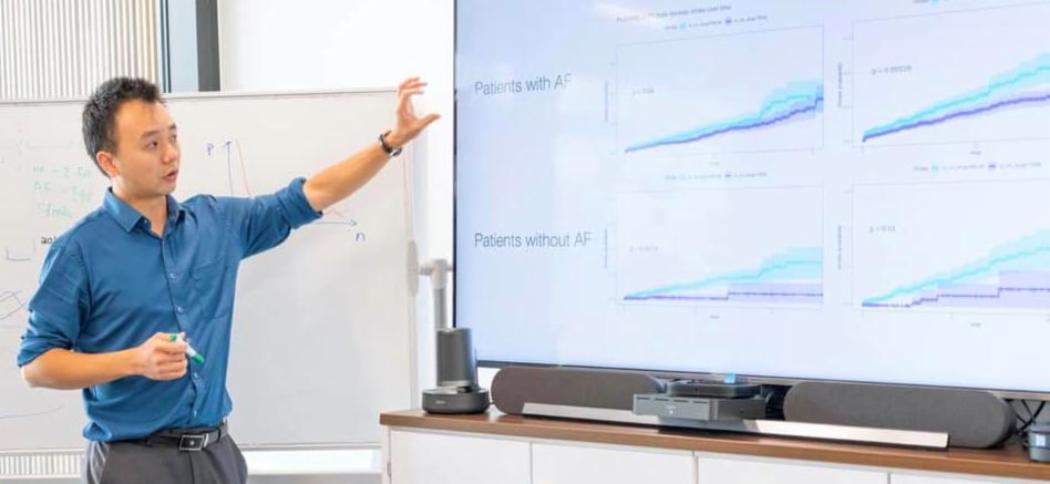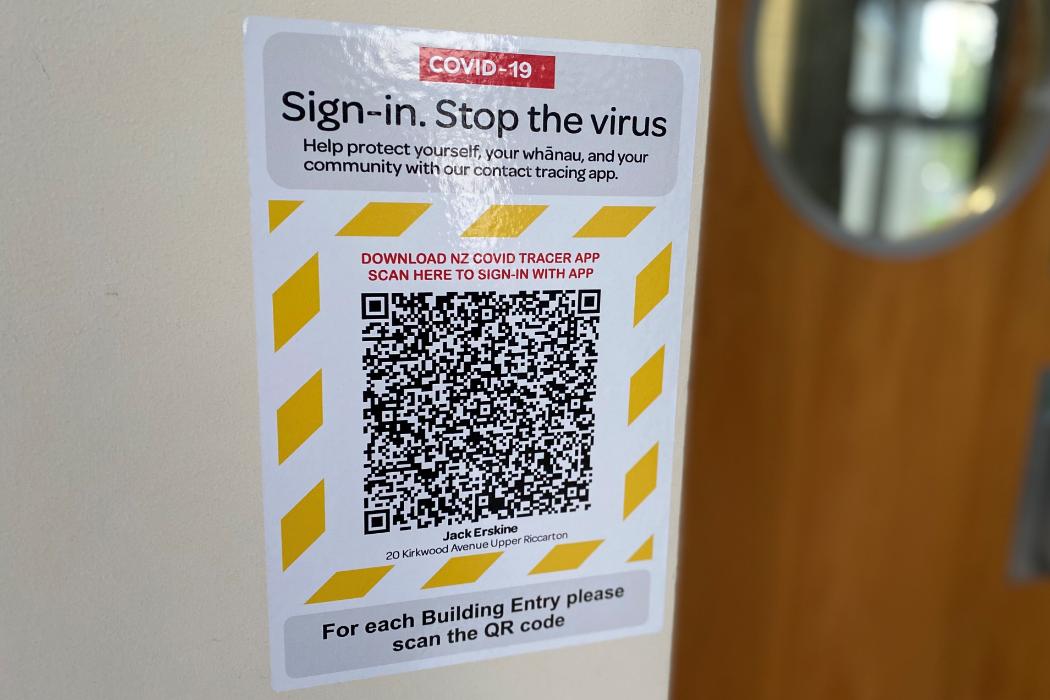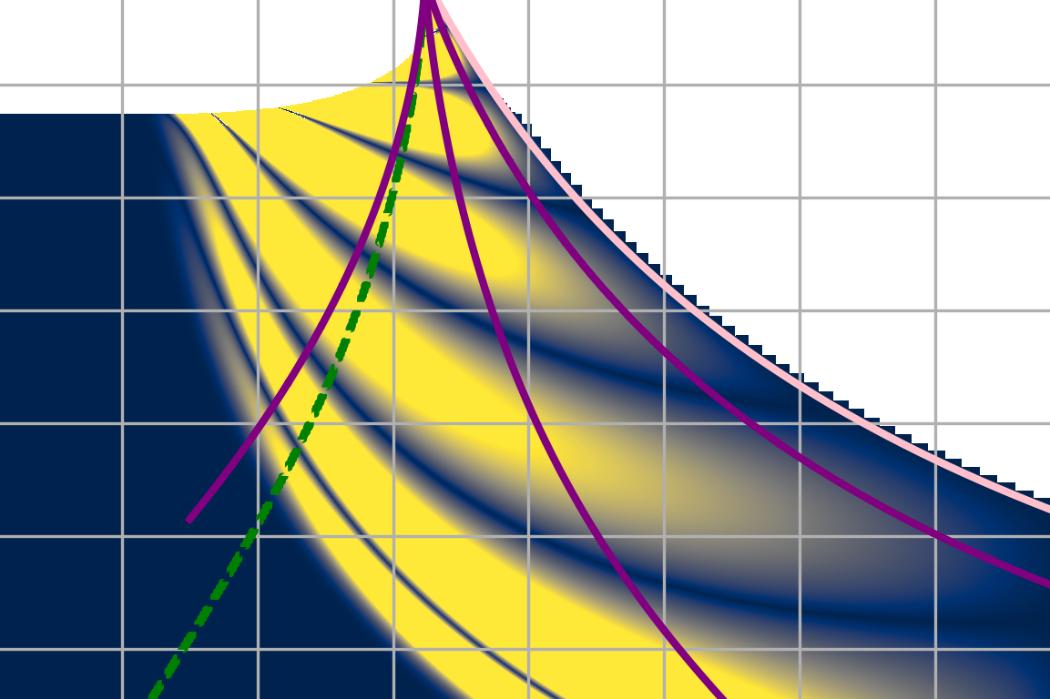

School of Mathematics and Statistics
Te Kura Pāngarau
New processes, techniques, and theories are constantly being devised, tested, and explored in maths and stats. From business management and biology to physical sciences and engineering, our specialists develop new tools and techniques to deal with problems. Learn more about UC's School of Mathematics and Statistics.
New processes, techniques and theories are constantly being devised, tested and explored in mathematics and statistics.
Computers have created demand for statistical and mathematical analysis in many new fields and our specialists develop new tools and techniques to deal with problems in areas from business management to biology, as well as considering new insights in the physical sciences and engineering.
The result is new applications of mathematics and statistics, as well as new theoretical work on the structure of the mathematics involved.
Study Mathematics and Statistics
FAQs
Our Study Options page will assist you in discovering the wide range of undergraduate programs we offer here at the School of Mathematics and Statistics, University of Canterbury. You can also browse through our Course Advice page as well for more information. If you have questions, please don’t hesitate to contact one of our Course Planning Advisors.
Absolutely, our Postgraduate Study page will provide you with loads of great information about postgraduate study.
Our Support Services page will provide you with information about the type of support you can get whilst you study here at the School of Mathematics and Statistics.
Check out our Scholarships and Funding section in our Postgraduate study and research page, and the Scholarships at UC page.
Absolutely, check out our Postgraduate study and research page, as well as our Research page.
Yes, clubs directly related to the School of Maths and Stats include, MathSoc, WiTSoc and CompSoc, all of which are vibrant clubs that you can join – click here for more information.
The career options for graduates with a background in mathematics extend far beyond what you may initially imagine. While many students may take up positions where mathematics is not the primary focus of the business, their mathematical skills remain their greatest asset. This is because mathematics, along with its analytical and logical thinking, plays a crucial role in comprehending and resolving a wide range of quantitative problems. Whether it's electricity generation, data compression, weather forecasting, or the study of bone density loss, mathematics graduates are equipped with the tools to tackle these challenges.
In today's technology-driven world, mathematics graduates, particularly those with a well-rounded foundation in mathematical, statistical, and computer skills, possess a qualification that seamlessly integrates with various industries. Applied mathematicians, in particular, are highly sought after in fields where deterministic models are needed. This includes disciplines such as seismology, earth sciences, meteorology, chemical and forensic industries, health, ecology and conservation, transportation and scheduling, engineering, and computing, among others.
For those with expertise in both applied mathematics and statistics, incorporating both deterministic and stochastic models, the range of career opportunities expands even further. Areas such as social science, financial services and insurance, epidemiology, quality assurance, economics, policy, government, and numerous others come into play. The versatility of mathematics and statistics allows graduates to make valuable contributions across diverse sectors and make a meaningful impact in various fields.
As a mathematics graduate, you possess a skill set that is highly valued and in demand, offering you a world of possibilities and the opportunity to contribute to solving complex problems in multiple industries.
We hope these brief FAQ’s provides you with the information you need. If you have further inquiries, don't hesitate to reach out to our Course Planning Advisors or the School's administrative office. We look forward to supporting you on your academic journey at the School of Mathematics and Statistics, University of Canterbury!
